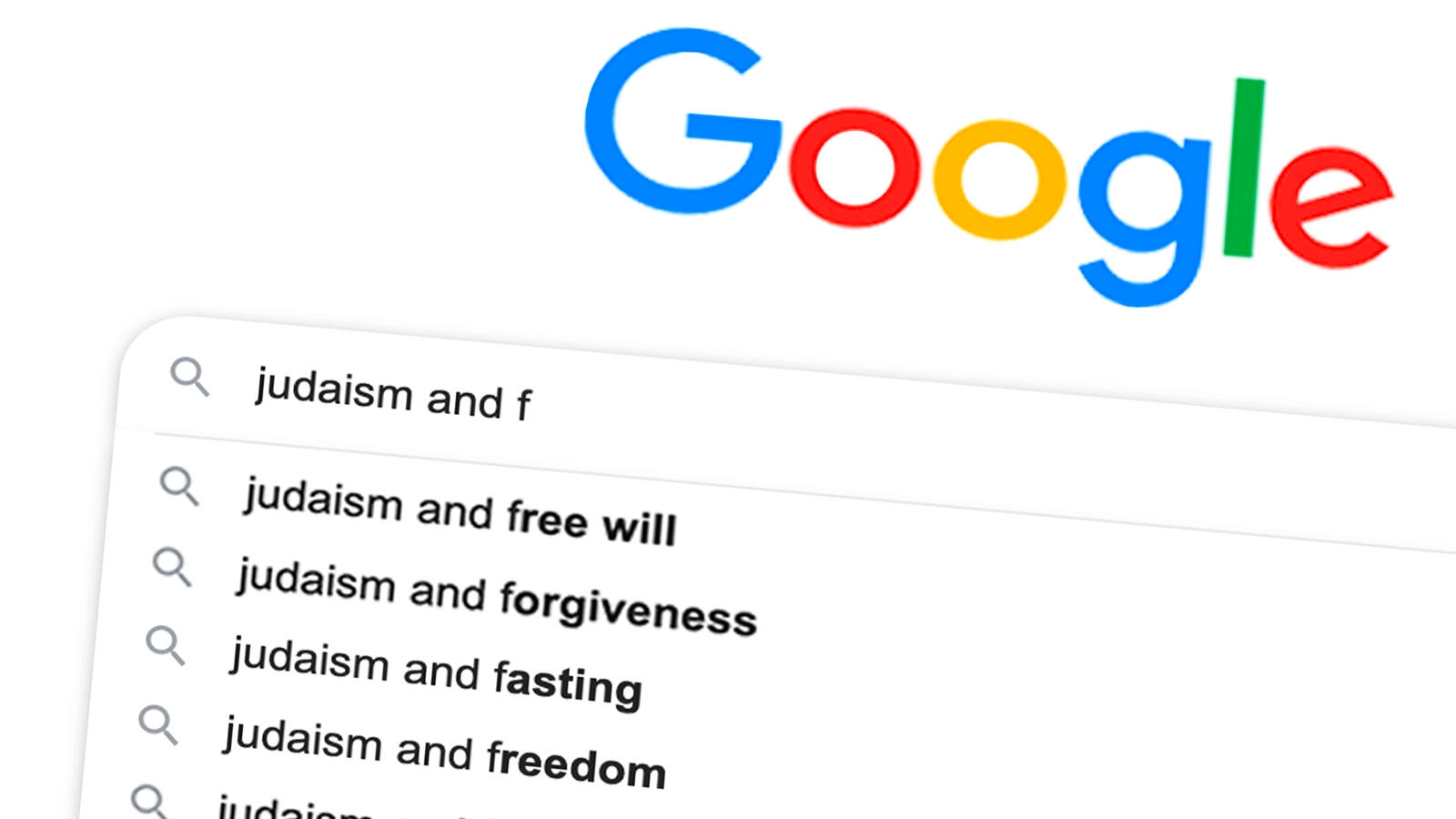The end of this sentence appeared on my screen before I wrote it.
Ours is an age of artificial intelligence — a world in which the wonders of auto-correct, auto-text and auto-complete catch our spelling mistakes in real time, anticipate our Google search terms before we type them, and even conclude our sentences before we draft them.
The wonders of artificial intelligence are increasingly ubiquitous. Spotify knows what songs we want to listen to based on our past choices. Amazon suggests our next book purchase by way of our last read. And Netflix derives our watch list from our past viewing history. At my annual checkup this past summer, my physician described not only my present physical condition, but — by way of artificial intelligence — an as-yet unrealized future condition. From medical technology to autonomous driving to cybersecurity, the efficiencies of AI can not only optimize our lives, but may even save them.
And yet whatever the advantages of an auto-filled existence, it is a state of affairs that comes with its own set of complications. Where is the line between the benefits of predictive technology and a blind dependence on it? To what degree do these technologies serve our purposes or contort us to predetermined outcomes? What comes of personal agency in a world in which dating apps anticipate romantic compatibility, social profiling identifies security risks, and my word processor suggests that I want to end this sentence with a question mark before I do?
With your help, My Jewish Learning can provide endless opportunities for learning, connection and discovery.
Given its fundamental belief in free will, Judaism stands as the anti auto-fill religion. Unlike some faith traditions that posit humanity to be predisposed to certain behavioral choices, Judaism rejects that human action is predetermined or inevitable. We are neither good nor bad but teeter between the two, with the capacity for both.
The Talmud explains that when a child is conceived, an angel brings the fetus before God. The angel asks, “Will this child be tall or short?” God decrees its height. “Will this child be smart or simple?” God decrees its intellectual capacity. Then the angel asks, “Will this child be good or bad?” And God is silent. Why? Because human behavior is neither hardwired nor predetermined. Our choices are our own. For better and for worse, they belong to nobody but ourselves.
Which is where the High Holidays come in. Despite the fact that the Book of Life contains a record of our past deeds, the contents of its coming chapters are as yet unwritten — there is no autofill option. The High Holiday prayer book, the mahzor, teaches that each of us is empowered to draft our future by way of acts of repentance, prayer and charity. Were we not to believe in free will, the High Holidays would make no sense. Why repent for deeds that are not of our own choosing? Why seek reconciliation if we do not believe ourselves capable of change?
The rabbis explain that we celebrate Rosh Hashanah before Yom Kippur because Yom Kippur is predicated on Rosh Hashanah’s belief in the renewal of creation and humanity’s role in it. Only if one believes in the human capacity to begin again can one forgive and be forgiven.
It was one of my predecessors at Park Avenue Synagogue, Rabbi Milton Steinberg, who once wrote a sermon entitled: “Only Human: The Eternal Alibi.” Ever since Adam blamed Eve in the Garden of Eden, humanity has sought to deflect blame for our shortcomings, abdicating our role in the unfolding dramas of our lives. We blame others. We blame the world in which we live. Most often, we blame our own humanity. We blame anyone or anything to avoid taking responsibility for our actions — as if there was something unavoidable about our decisions.
We forget that as human beings endowed with free will, each of us is extended the choice to be a spiritual pauper or an aristocrat of the soul. Each of us has the God-given potential for moral grandeur. The past is in the past and the future is not yet written.
In this new year, let us use the gift of free will wisely, filling the narrative of our lives with the deeds and writ of our own hands.
This article initially appeared in My Jewish Learning’s Shabbat newsletter Recharge on Sep. 4, 2021. To sign up to receive Recharge each week in your inbox, click here.



